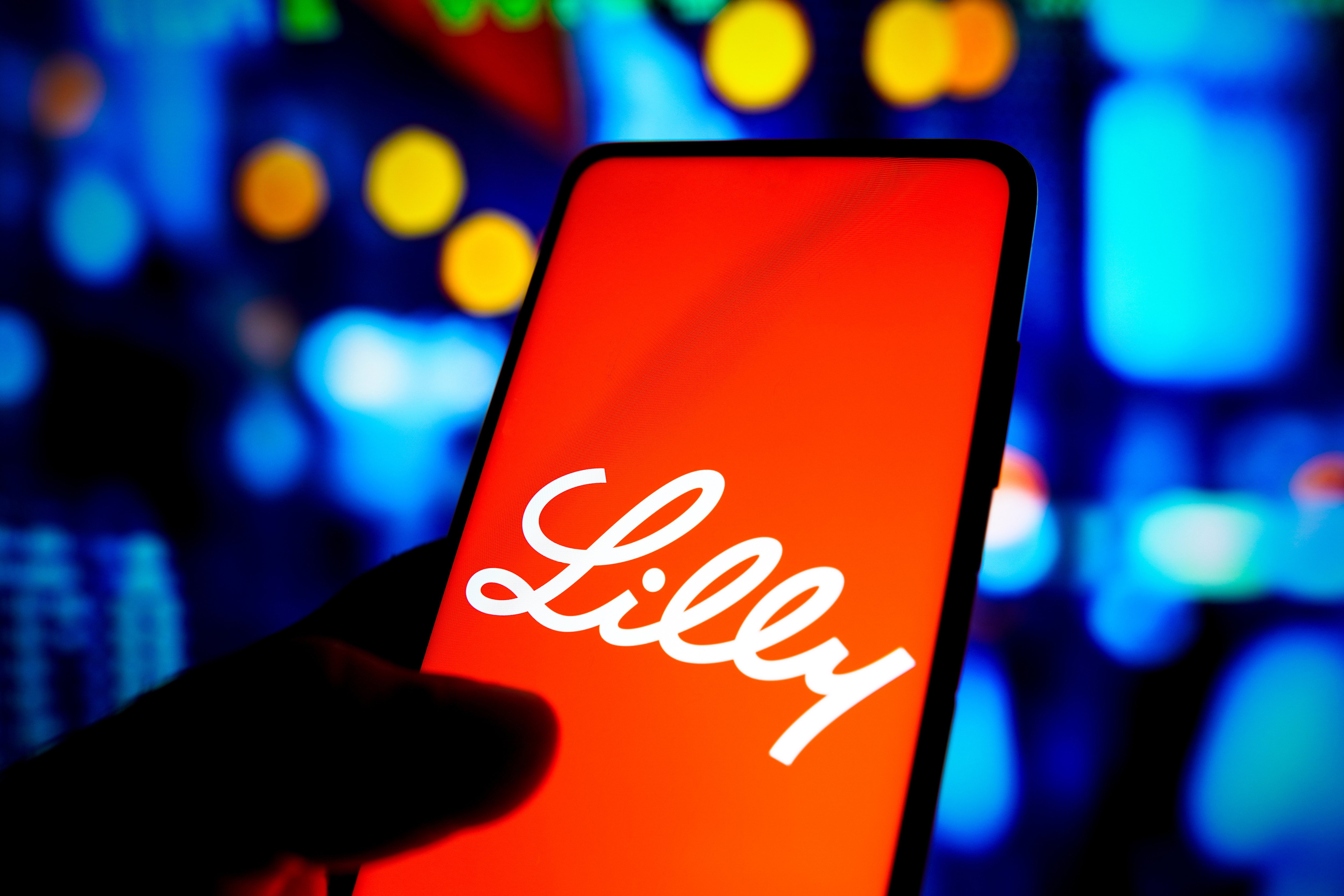
After days of Twitter instability, users showed new CEO Elon Musk what the power of a million angry shit-posters can do, all by casually dropping the stock of pharmaceutical company Eli Lilly with a single tweet.
“We are excited to announce insulin is free now,” read the post from a fake Eli Lilly account that had purchased a blue verification check mark using Musk’s new Twitter Blue subscription option. The account has since lost its blue check mark and gone private.
Over the course of a few hours, the insulin producer saw a 4.5 percent drop in its stock and had to issue a clarification on its official Twitter account, @LillyPad.
It was a single moment in a week of blue check-induced stress. What began with innocuous impersonations of sports figures quickly descended into a free-for-all of impersonation and misinformation. The practice isn’t new to the social media app, but more like a blue-check-enhanced riff on a long-established Twitter joke format. One which sees users trying to get their accounts and usernames to look as close to the real thing as possible, with just the blue check standing in misinformation’s way (and it didn’t always work, even then).
The democratization of the blue check (which has since been halted) is exacerbating Twitter’s misinformation problem. Eli Lilly and Company was just one target of several corporate and government imposters, including fake accounts for defense manufacturer Lockheed Martin, oil company BP, and produce distributor Chiquita.
While several tweets seemed to toe the line of acceptable posting behavior, the clamor from Twitter comedians was also the first inkling of a new kind of guerrilla social media posting, pushing against the corporate monetization and control of beloved sites. Users chose to hone in on the absurdity of the corporate Twitter presence (relying on over-personalization and out-of-touch memes), and call out the tarnished and unethical histories of the brands themselves. While Eli Lilly and Company might have dipped in the stock market this week, the price of insulin for individuals has remained inaccessibly high.
Is the “fall of Twitter” ushering in a unique form of protest? Or is it just the culmination of years of cursed posting meeting a haphazardly moderated site?
